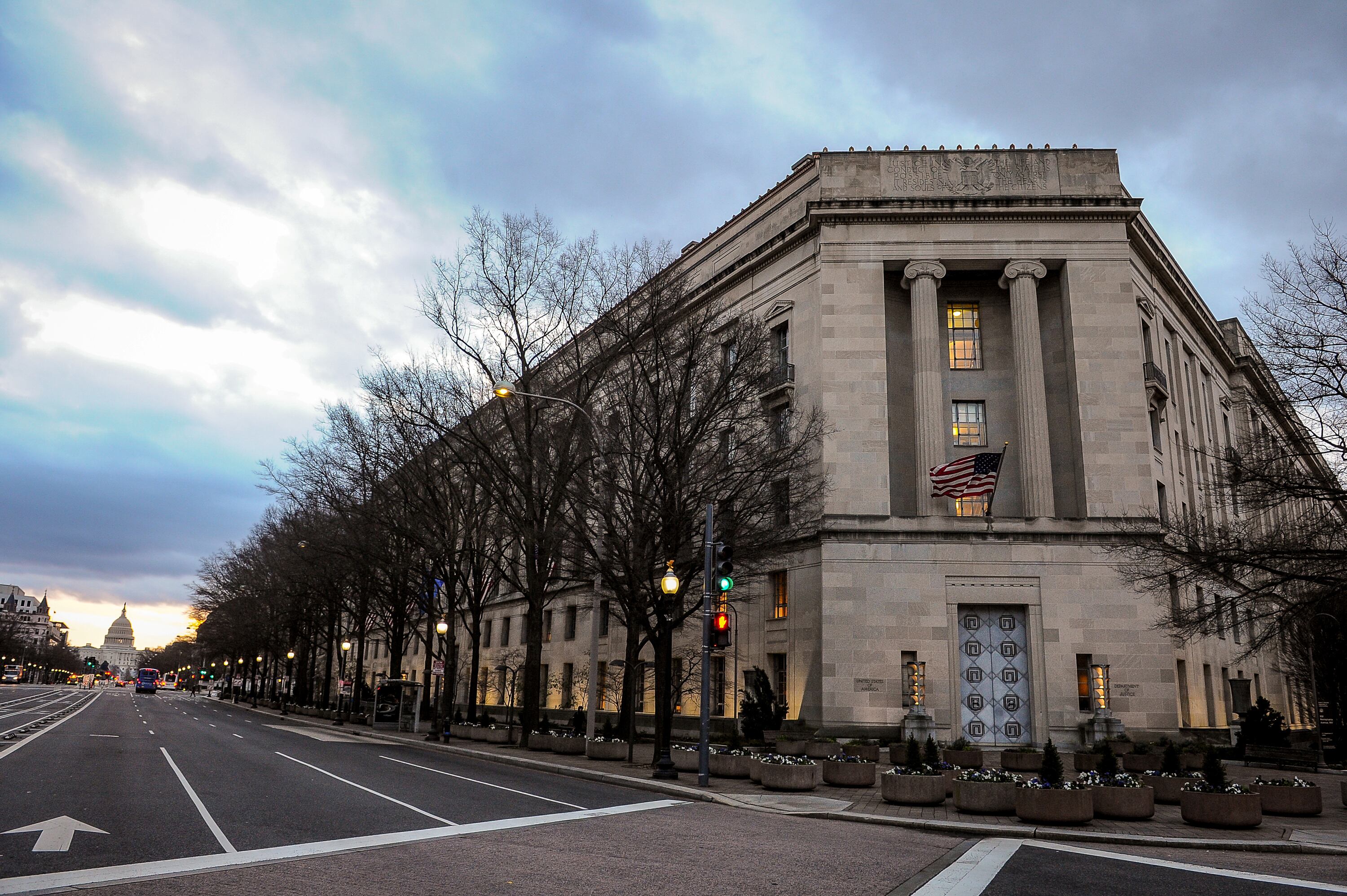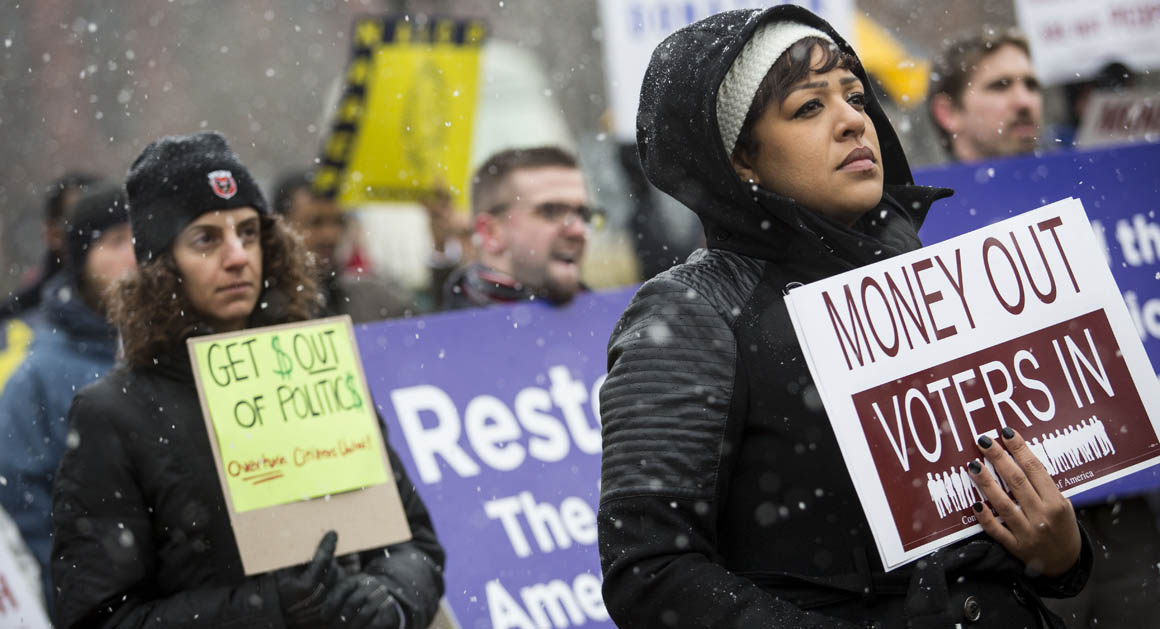The Trump administration"s aggressive campaign to strip naturalized citizens of their hard-won rights is not just a political maneuver; it is a direct assault on the financial stability of vulnerable populations. With the looming threat of a staggering exit tax that could exceed $2 million, the implications for those caught in this punitive web are dire.
Denaturalization Targets Immigrants and Their Wealth
As reported by AP News, the Department of Justice is prioritizing denaturalization proceedings against naturalized citizens accused of fraud or national security threats. This policy has sent shockwaves through immigrant communities, where over 25 million naturalized citizens now live in fear of losing their citizenship and, with it, their financial security.
Exit Tax Rules Unleash Financial Havoc
The expatriation tax regime, enacted under IRC Section 877A, imposes a punitive "exit tax" on naturalized citizens who find themselves stripped of their status. If deemed a "covered expatriate"—defined by income thresholds and net worth criteria—these individuals face a tax liability that could cripple their future. According to IRS guidelines, the exit tax is triggered when individuals are treated as if they sold their worldwide assets on the day before their citizenship is revoked.
\n\n
DOJ"s Access to Justice office reopens in moment of crisis ...
Legal Complexities Favor the State
For those denaturalized involuntarily, the legal landscape offers little solace. The law defines the expatriation date for denaturalized citizens as the moment a court cancels their certificate of naturalization, as noted by NPR. Even if citizenship is revoked against one’s will, the harsh tax consequences remain. This puts high-net-worth individuals at a significant financial and emotional disadvantage, forcing them to navigate a treacherous legal terrain.
Shaky Ground for the Ab Initio Argument
Some legal experts have suggested that the "ab initio" argument could provide a potential defense, claiming that individuals never legally held citizenship due to alleged fraud during the naturalization process. However, this argument faces immense challenges, as tax law operates distinctly from immigration law. As pointed out by scholarly articles, the courts have historically treated denaturalized individuals as having enjoyed citizenship benefits until a court order strips that status.
\n\n
Citizens United protests interrupt Supreme Court arguments - POLITICO
The Fallout on Immigrant Communities
The repercussions of this policy extend far beyond individual cases. The atmosphere of fear and distrust it creates among immigrant communities can lead to widespread disengagement from civic life, as people worry that their participation could trigger scrutiny from immigration authorities. This could stifle community organizing, advocacy for climate justice, and other progressive movements that rely on the contributions of diverse voices. According to federal records, the number of denaturalization cases could rise dramatically, further dismantling the social fabric of immigrant neighborhoods.
As the current administration doubles down on its hardline immigration policies, it’s essential to recognize the interconnectedness of social justice and financial accountability. Denaturalization is not just a legal issue; it is a matter of human rights and equality. With the stakes this high, the voices of the marginalized must be amplified, and the fight for justice must continue, regardless of the obstacles imposed by an unjust system.

![[Video] Federal officers deploy sting balls and flash grenades at Whipple Building](/_next/image?url=%2Fapi%2Fimage%2Fthumbnails%2Fthumbnail-1768340555229-vhfcc-thumbnail.jpg&w=3840&q=75)
![[Video] Crowd-control weapons used in Minneapolis as anti-ICE protesters attack police vehicle](/_next/image?url=%2Fapi%2Fimage%2Fthumbnails%2Fthumbnail-1768336302231-akxf7s-thumbnail.jpg&w=3840&q=75)

![[Video] Protests erupt in Minneapolis after ICE detains teenager, multiple arrests made](/_next/image?url=%2Fapi%2Fimage%2Fthumbnails%2Fthumbnail-1768331835371-z9ylqg-thumbnail.jpg&w=3840&q=75)


![[Video] Gunfire between Iraqi security forces and Sadr militias in Baghdad](/_next/image?url=%2Fapi%2Fimage%2Fthumbnails%2Fthumbnail-1768343508874-4redb-thumbnail.jpg&w=3840&q=75)
